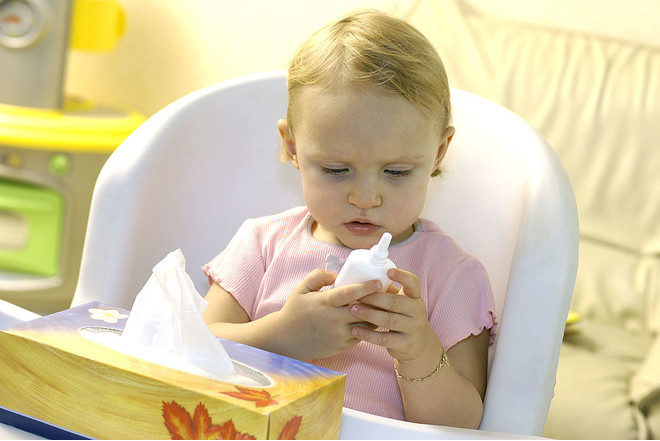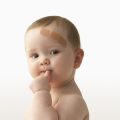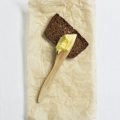 Rhinitis in children: symptoms and treatmentPhoto: Getty
Rhinitis in children: symptoms and treatmentPhoto: Getty
Rhinitis in children: the main types and symptoms
Pathogenic bacteria and viruses enter the child's body through the nose. This is how infectious rhinitis occurs, which has several stages:
- swelling, and then swelling of the mucous membrane (lasts from 3-4 hours to 2 days);
- development of a protective secretion by the body (at this time the snot flow incessantly);
- continued reproduction of microbes (as the disease progresses, the mucus becomes thicker and changes color to yellow, green or white).
Allergic rhinitis in a child is accompanied by other symptoms:
- the occurrence of severe itching in the nose, continuous sneezing and heavy discharge (this rhinitis in children occurs when in contact with an allergen);
- constant nasal congestion;
- pain in the eyes, as well as combing, tearing.
Vasomotor rhinitis is a precursor to atrophic rhinitis. It is characterized by:
- nasal congestion with discharge at the entrance to a warm room;
- sniffling (happens before bedtime and in the morning after waking up);
- dryness and burning in the nose (appears already with atrophic rhinitis).
Parents should not think that a runny nose is a harmless disease. It is necessary to get rid of it in time.
Treatment of rhinitis in children
For infants with nasal congestion, it is recommendedbuy a special bulb syringe to suck out mucus. This will make it easier for the baby to breathe. Thin cotton swabs are good for mucous membrane atrophy. Soak them in sea buckthorn oil and insert them into the nasal passages. Sea salt solutions (Aquamaris) are often used to clear mucus from the baby's nose. Its concentration depends on the child's age (the younger the child, the less it should be). To improve the quality of sleep in extreme cases, give the baby Nazol or Naphazoline. However, you should not use these products all the time, as this will only hinder recovery. Remember that menthol drops should not be given to babies, as they may stop breathing, and it is better to treat rhinitis in children under the guidance of a doctor. Read also:









